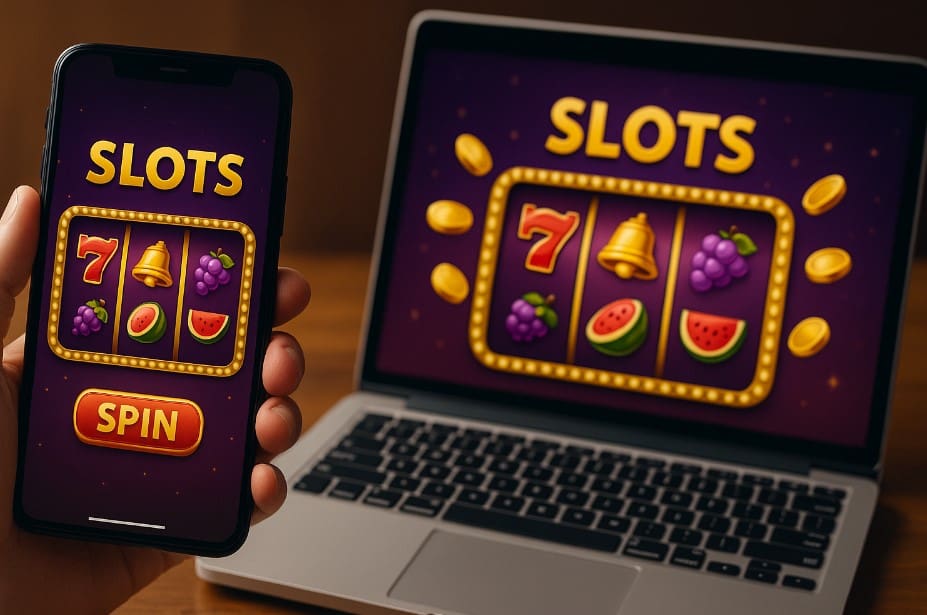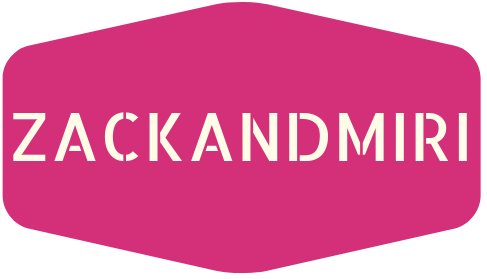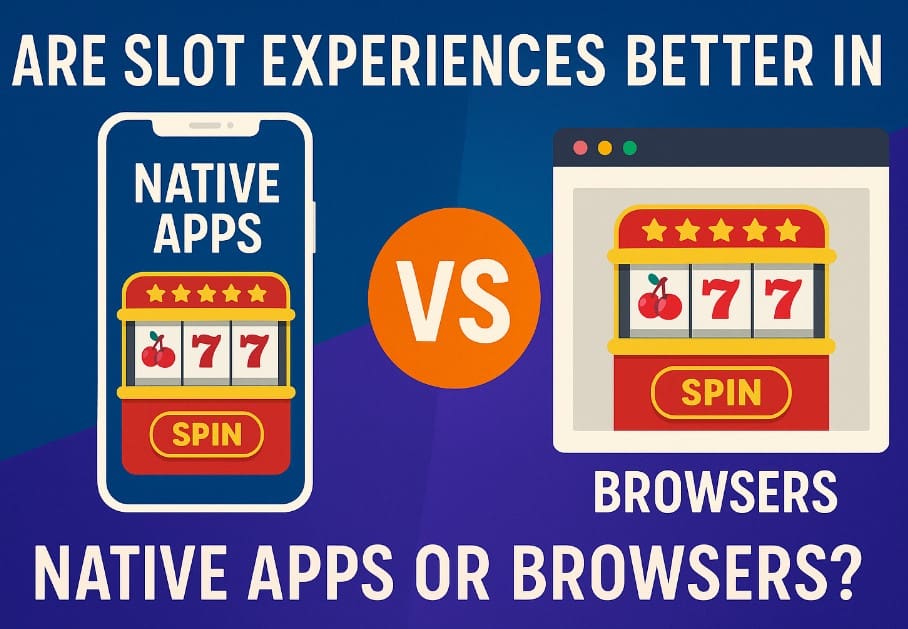There’s a quiet rivalry brewing in the mobile casino world — that playful tug-of-war between native slot apps and browser-based slot games. If you’ve been around online casinos for a while, you’ve probably caught yourself asking the same question mid-spin: does it really make a difference where I play?
It’s a fair question. Some players swear that native apps are smoother, faster, and just feel “right.” Others love the simplicity of pulling out their phone, typing a casino URL, and diving straight into the action — no downloads, no clutter. It’s a bit like the coffee debate: café espresso vs home-brew — both hit the spot, but the vibe is different.
Let’s peel back the curtain on how both options stack up, quirks and all.
So, What’s the Deal with Apps and Browsers?
A native slot app is the kind you install from an app store. Think of it as your private casino that lives in your phone — polished buttons, personalized notifications, smooth animations, and maybe a few too many tempting push alerts about new bonuses.
A browser-based slot, meanwhile, is your drop-in casino experience. You open your browser, visit your favorite site like Betway or 1xBet, and play instantly — no installation, no storage complaints from your phone. Everything runs on HTML5 technology, which is the magic sauce that makes it work on any device.
One connects deeply with your phone’s hardware; the other keeps a polite distance. And that difference quietly changes everything — from how fast games load to how personal the experience feels.
Performance: Where Speed Meets Spin
If you’ve ever sat waiting for a game to load while your coffee goes cold, you know how much speed matters.
Native apps are usually faster because they store key assets — graphics, sounds, even part of the slot engine — right on your device. Once you’ve downloaded it, you’re pretty much ready to spin in seconds.
Browsers, though? They’re at the mercy of your internet connection. Sure, HTML5 slots have come a long way — gone are the Flash days when reels stuttered like a scratched CD — but if your signal drops mid-spin, you’ll feel it.
Load Times: App vs Browser
Apps tend to load faster after the first launch. There’s a noticeable smoothness when jumping between games too. I once tested the same slot — Book of Dead — on both platforms, and while the browser version took around 8 seconds to open, the app breezed through in about half the time.
But if you’re just dropping in for a quick spin between subway stops, the browser wins for convenience. No app store logins, no waiting for downloads, no “storage full” pop-up when you least expect it.
Gaming Quality and Stability
The biggest bragging point for native apps is stability. Frame rates stay solid even when the screen gets crowded with free spins, animations, or those satisfying coin showers.
Browsers are better than ever — they rarely crash these days — but every now and then you’ll feel a small hitch, especially if you have 20 other tabs open or your Wi-Fi is acting up. It’s not a deal-breaker, but it’s one of those tiny things that remind you: this isn’t running natively.
Experience: Where Design Meets Feel
There’s something about how a casino app feels. Buttons sit perfectly under your thumb, scrolling feels like silk, and the spin button has that satisfying “click.” You can tell it’s built for your screen.
Browsers, even the well-designed ones, can sometimes feel like a slightly resized desktop site. The layout works, but it’s not always intuitive. Still, they’re improving. Some casino sites now mimic app layouts so well you might forget you’re in a browser.
A Little Story on Usability
I remember helping a friend download a casino app once — it took forever. We had to clear space, verify via SMS, then wait for updates. Meanwhile, I was already spinning on Chrome. When she finally opened it, the app was gorgeous, but it made me appreciate how browsers just skip all that foreplay and jump straight to the fun part.
Offline Play and Integration
Here’s where apps flex again: offline play. Some apps let you launch demo modes or even saved games without any internet. Perfect for flights, train rides, or that coffee shop with terrible Wi-Fi.
Apps also hook right into your device — think biometric logins or Apple Pay deposits. You tap your finger, and boom, you’re back in the reels. Browsers? They’re a bit more formal — password here, permission there, and no push notifications unless you enable them.
But there’s a flip side. Those same push notifications can get a little too eager. “Your free spins are waiting!” at 2 AM isn’t always welcome. Browser players don’t have that problem; when you close the tab, you’re free.
Flexibility: The Power of “Anywhere, Anytime”
If there’s one area browsers own completely, it’s flexibility. You can jump from your phone to your tablet to your laptop and pick up right where you left off. No downloads, no compatibility headaches, just play.
Native apps live in a tighter ecosystem. Got an Android and an iPad? You’ll need two versions. And don’t even get started on storage — a few slot apps can chew through gigabytes like it’s nothing.
Storage and Updates
Every casino app loves an update. Some are small and painless, others feel like downloading a full movie. Updates keep things secure and pretty, sure, but they can be annoying when you just want a quick spin before work.
Browser slots, though, are always up-to-date the moment you open them. Developers push updates to the server, and you get the fresh version instantly — no waiting, no storage battles, no permissions.
Still, there’s something nice about a native app’s polish — its smooth transitions, richer sound, the way it fits into your device’s rhythm. It’s the kind of detail you notice only after switching back to a browser.
Bonuses and Casino Perks

Now, let’s talk about something that actually moves the needle — promotions.
Casinos love using bonuses as bait, and they often dangle app-exclusive ones. Maybe it’s 50 free spins for first-time app users or a small cash bonus for logging in daily. It’s marketing psychology, but hey, it works.
Browser users don’t lose out completely. They often get early access to new games since updates roll out instantly. So while app users might be waiting for an update to go live, browser players are already testing the new slot on day one.
Customer Support and Notifications
Support feels different between platforms too. Apps often bake live chat right into the experience — it pops up smoothly without leaving the game. Browsers usually open it in another tab or window, which can be a buzzkill mid-spin.
Notifications are another double-edged sword. If you like reminders about new tournaments or jackpot boosts, apps are a dream. If you’d rather not be nudged while watching Netflix, the browser quietly respects your space.
Security: Where Peace of Mind Meets Play
Let’s face it — no one wants to worry about security when the jackpot’s about to hit.
Native apps are secure, using your phone’s encryption and built-in biometrics. Payments through Apple Pay or Google Pay are tightly locked down. The risk comes from human error — leave your phone unlocked, and someone else could access your app.
Browsers rely on HTTPS encryption and store data server-side, so your details don’t sit on your device. It’s a little safer if your phone gets lost, but riskier if you’re playing on a sketchy public Wi-Fi. Pro tip: always use a trusted connection when spinning online.
Regional Access
Here’s a funny thing — sometimes, apps disappear from app stores in specific regions. Regulations shift, and suddenly your favorite casino app says “not available in your country.” But you can still access it perfectly fine through the browser. It’s a bit like sneaking in through the side door when the main entrance is closed.
So… Which One’s Really Better?
The honest answer? It depends on who you are and how you play.
| Player Type | Best Option | Why It Fits |
| Daily spinner | Native app | Feels smoother, better visuals, exclusive bonuses |
| On-the-go traveler | Native app | Offline play and steady performance |
| Multi-device player | Browser | No downloads, same experience across devices |
| Privacy-focused | Browser | No local data, fewer permissions |
| Storage-limited user | Browser | Zero installs, always fresh |
If you’re rocking an older phone, browser slots might actually perform better — apps designed for newer hardware can stutter or overheat. But if you’ve got a newer device with gaming-level hardware, a native app will feel like velvet. It’s that simple.
Wrapping It Up (Without Overthinking It)
After all that, here’s where I land: both have their charms.
Native apps feel luxurious — tailored, snappy, integrated. They’re the choice when you want the best version of your favorite slot and don’t mind a few notifications along the way.
Browser slots, meanwhile, are wonderfully free-spirited. They’re for players who jump between devices, hate downloads, or just want to spin without commitment.
Honestly, most players end up using both — app for regular play, browser for quick hits. Kind of like keeping a fancy espresso machine at home but still grabbing a coffee-to-go when you’re out.
At the end of the day, the real win isn’t where you play — it’s that small, heart-thumping moment when the reels stop just right, lights flash, and you remember why you started spinning in the first place.


